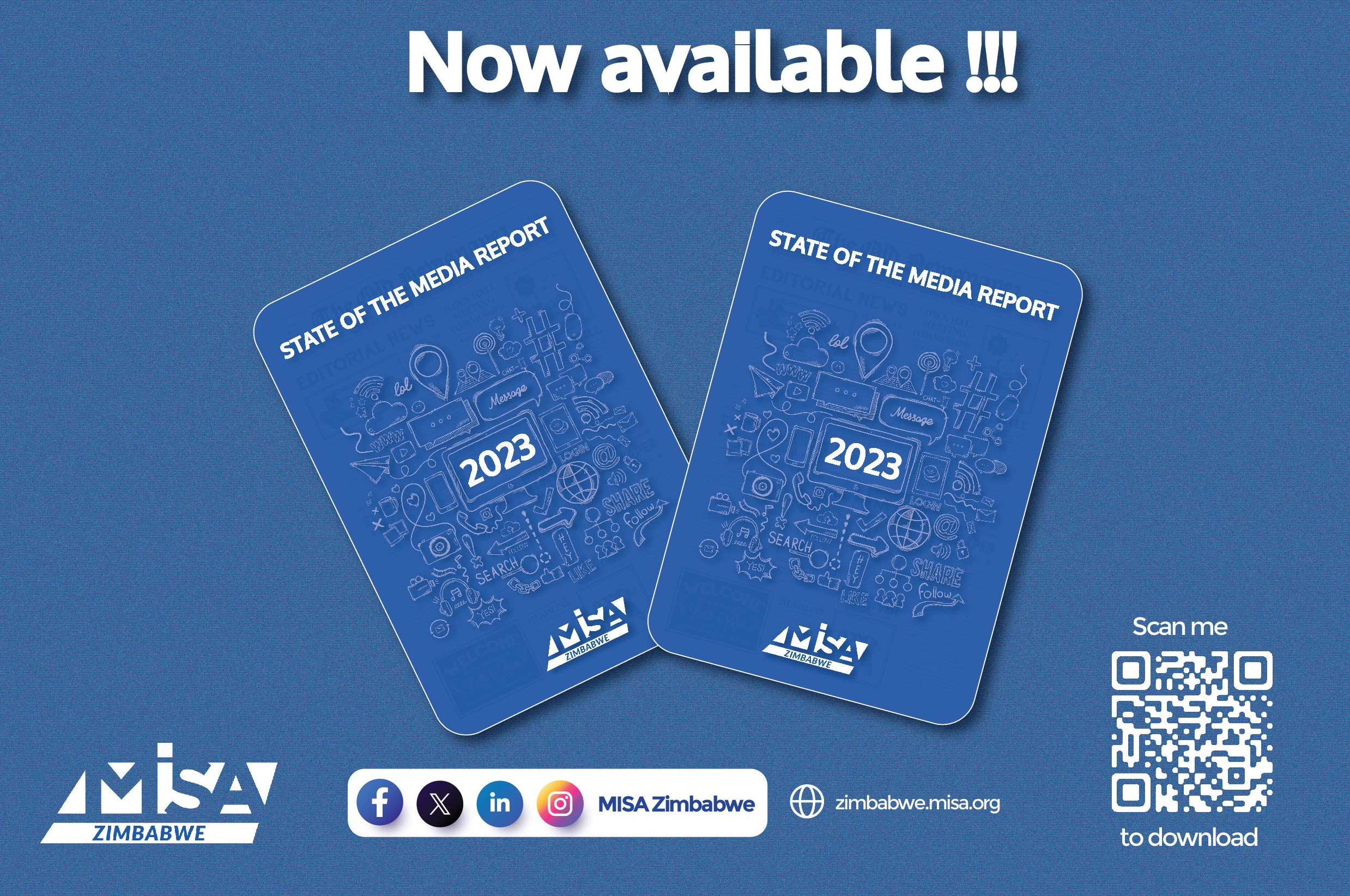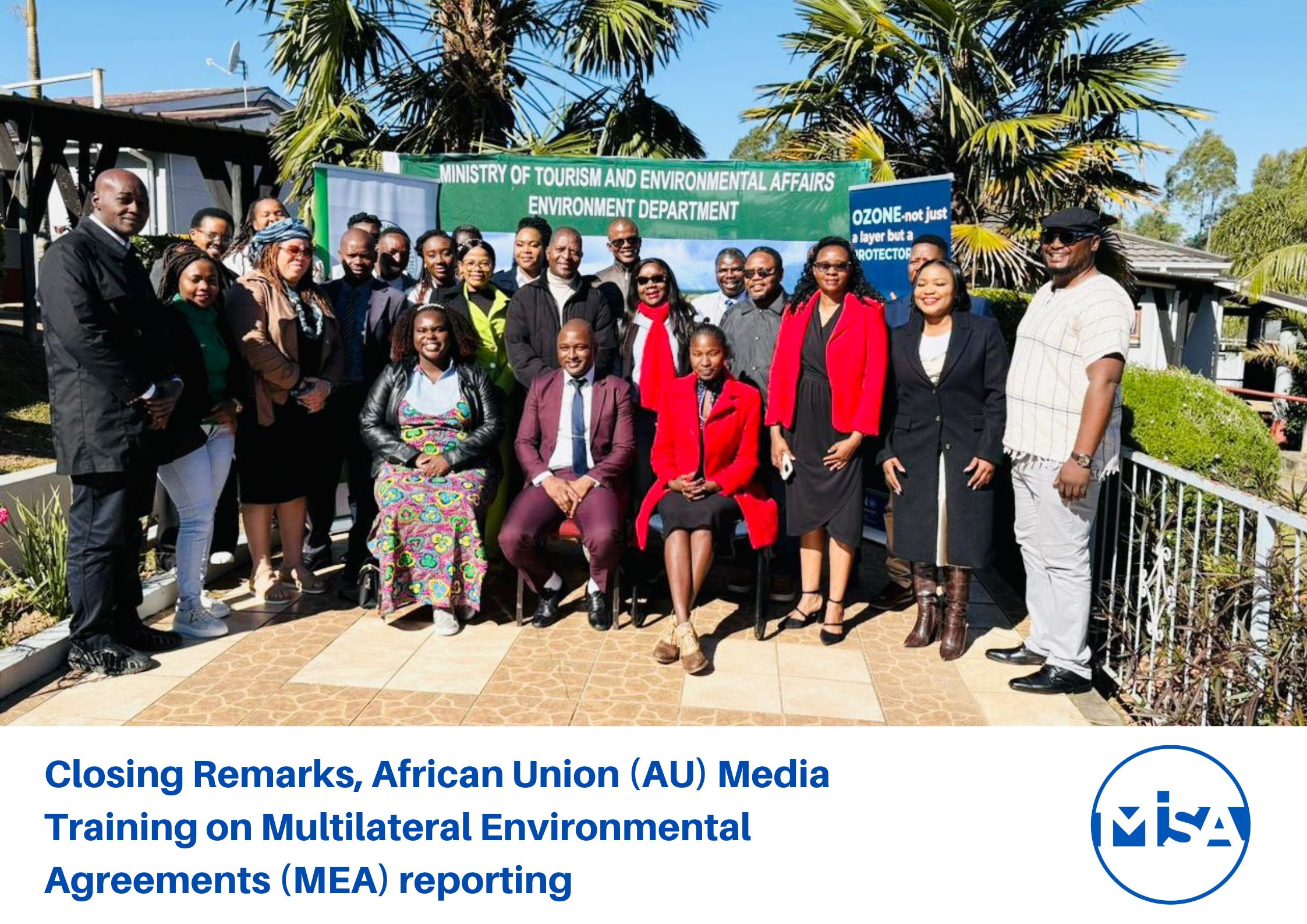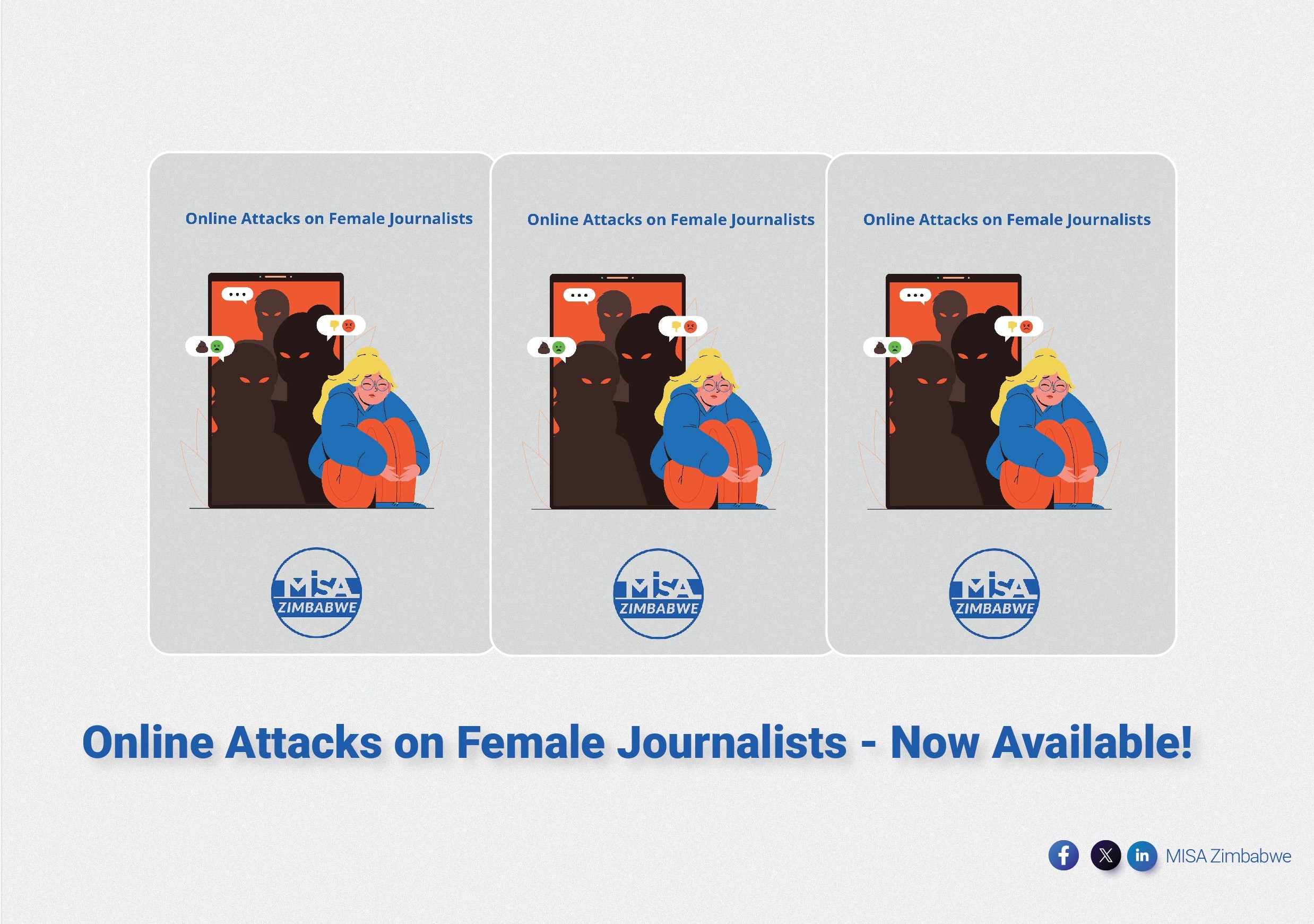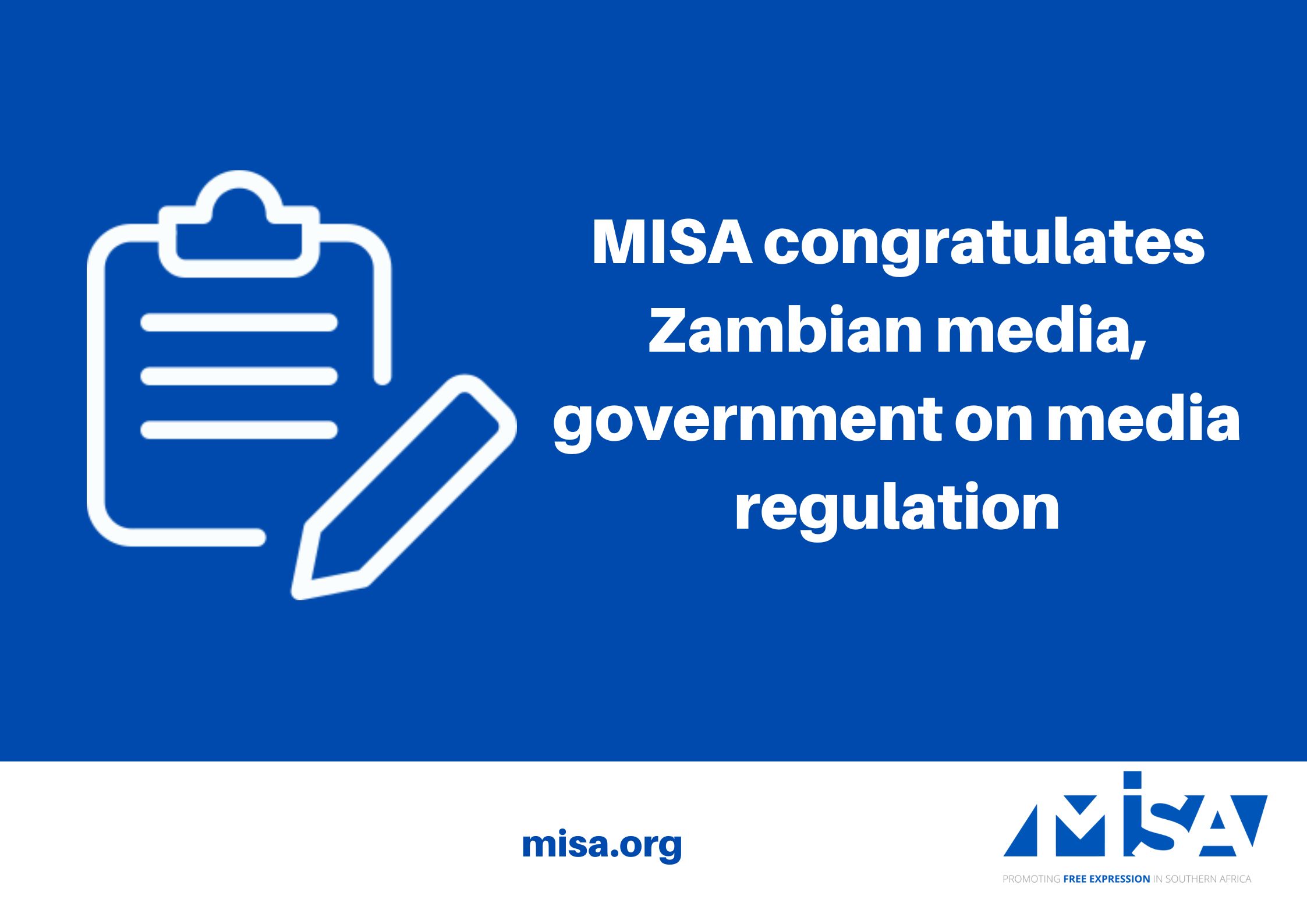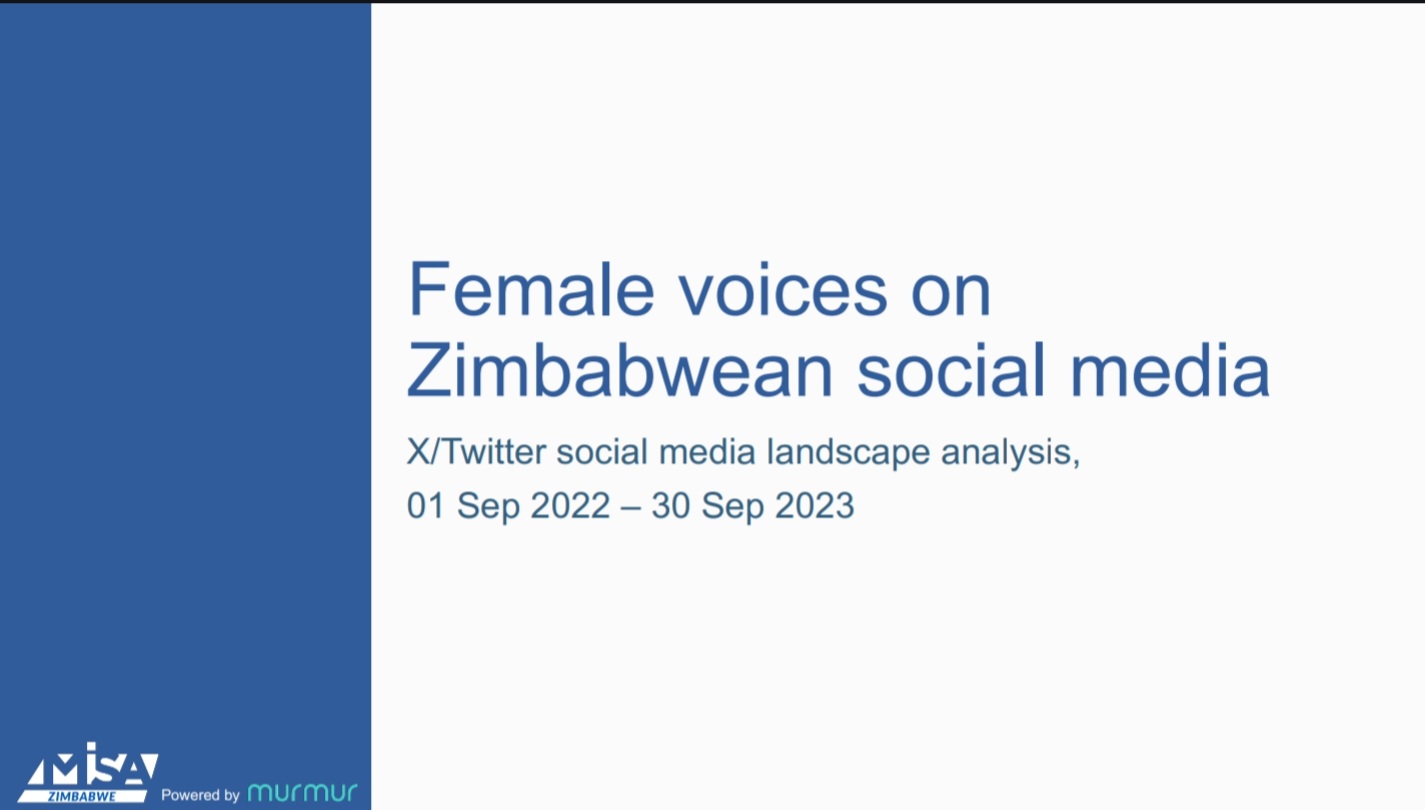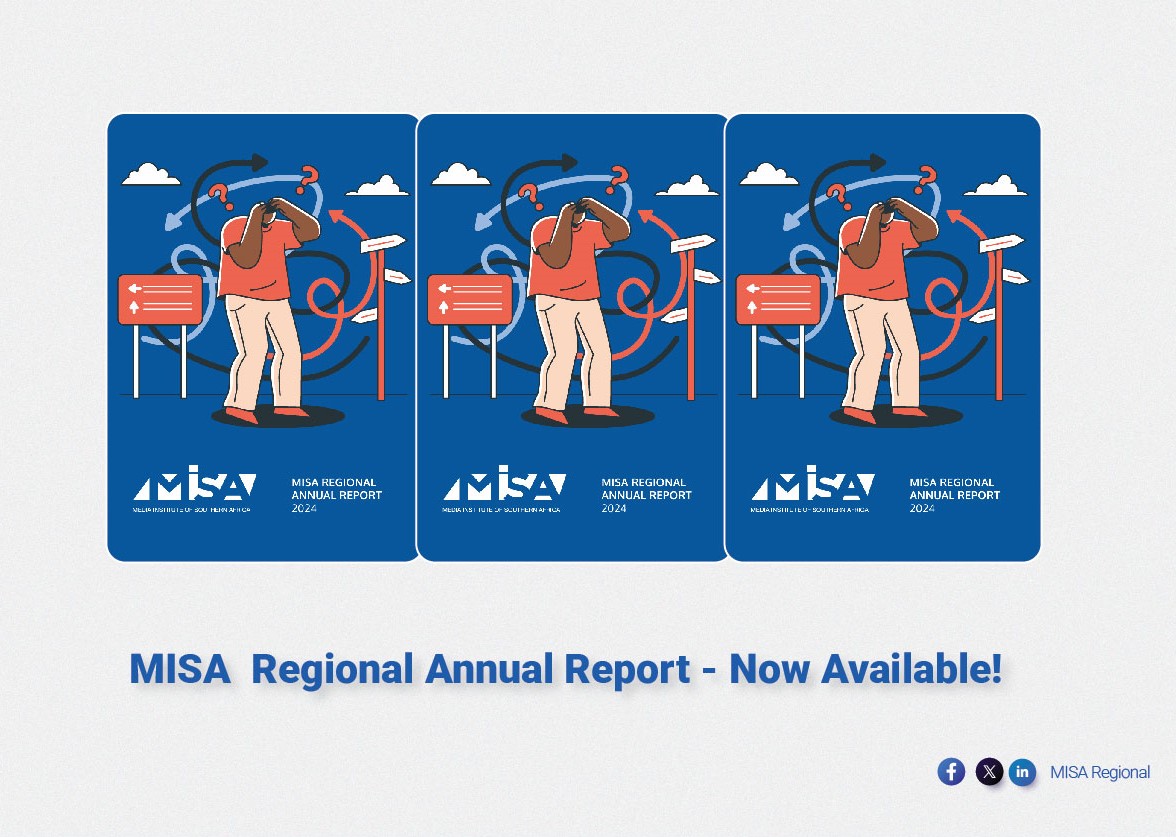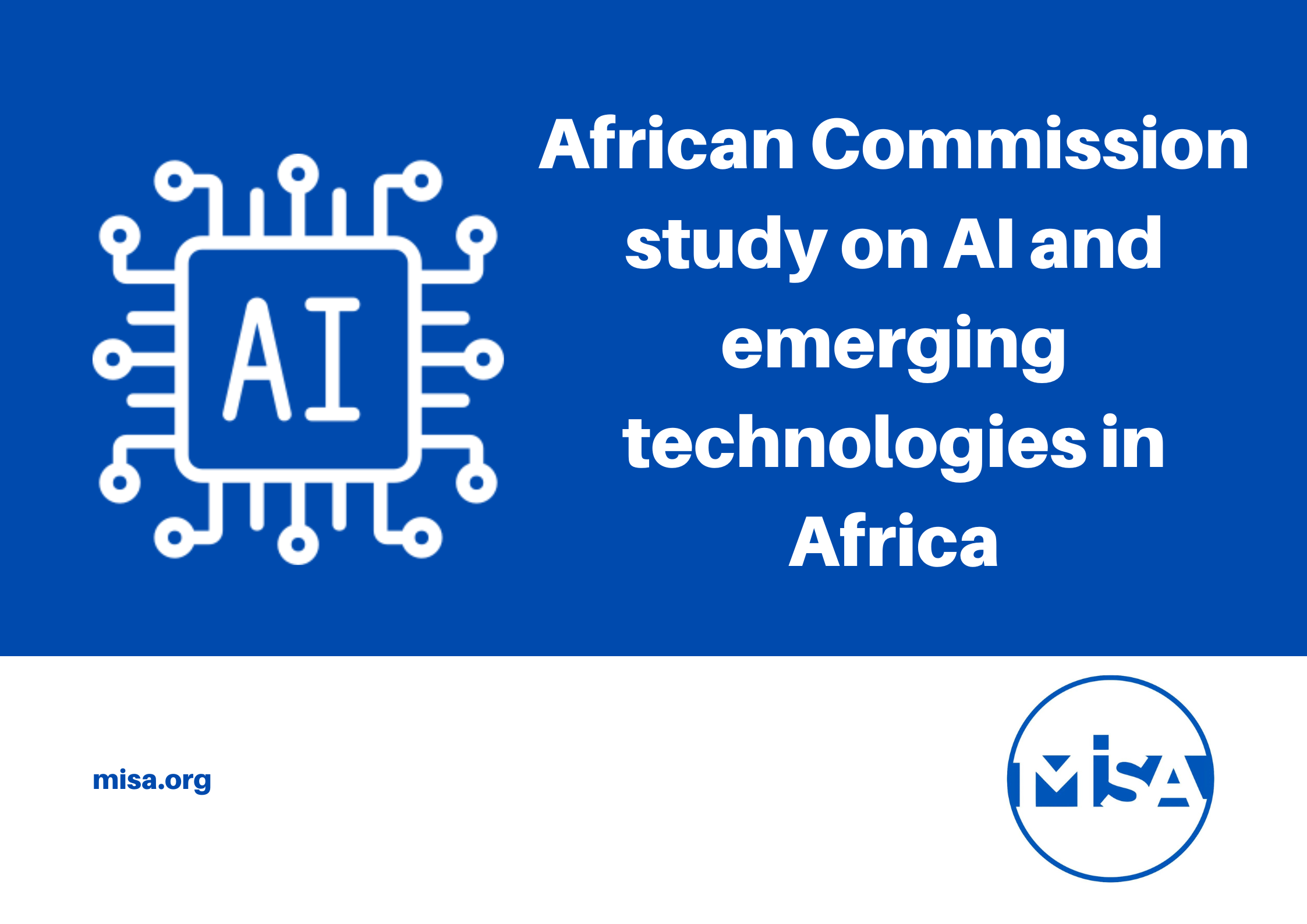Introduction
The United Nations Plan of Action on The Safety of Journalists and the Issue of Impunity is anchored on four fundamental pillars of Prevention, Protection, Prosecution and Partnerships.
With these four pillars in mind, MISA Zimbabwe accelerated and intensified the implementation of the Police-Media Action Plan of December 2017 to secure the safety and security of journalists/media workers ahead of Zimbabwe’s 2023 elections.
Implementing the Police-Media Action Plan undoubtedly improved Zimbabwe’s Reporters Without Borders’ World Press Freedom Index. Zimbabwe moved 10 places from 126 in 2023 to 116 in 2024.
The Action Plan was the culmination of extensive engagements, dating back to September 2016, with senior police officers, represented by the then National Police Spokesperson, Senior Assistant Commissioner Charity Charamba, and media representative organisations led by MISA Zimbabwe Board of Trustees Chairperson, Cris Chinaka.
The Police-Media Action Plan, among other action points, aims to improve the professional relations between the police and the media while curbing or reducing cases of media freedom violations involving law enforcement agents.
In that regard, in February 2023, MISA Zimbabwe commenced the nationwide engagement meetings to popularise the Action Plan and deliberate on the safety of journalists and media workers as the country headed for the 2023 elections.
These meetings were held in Gwanda, Bulawayo, Hwange, Gweru, Kwekwe, Chinhoyi, Masvingo, Mutare, Bindura, Marondera and Harare.
This was in response to media freedom violations that at times involved the unlawful assaults and arrests of journalists by the police and other non-state actors during public gatherings, protests and political party meetings or rallies.
The nationwide engagement meetings were complemented by the one-on-one lobby meetings held by MISA Zimbabwe and media representatives under the auspices of the Media Alliance of Zimbabwe (MAZ), with the country’s major political parties, ruling Zanu PF, Citizens Coalition for Change and MDC-T.
Resultantly, there was a marked improvement in the media operating environment during Zimbabwe’s 2023 election season.




